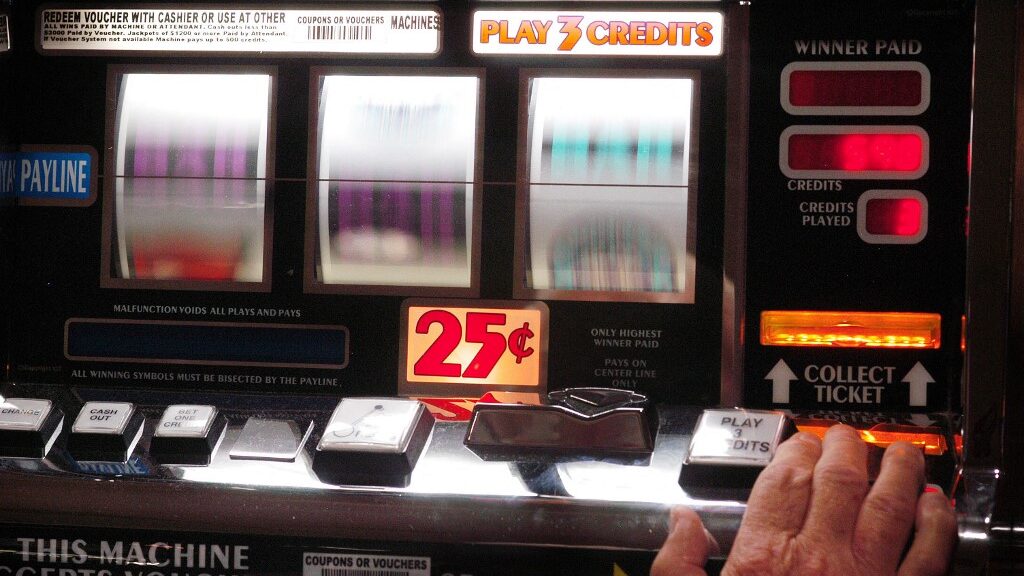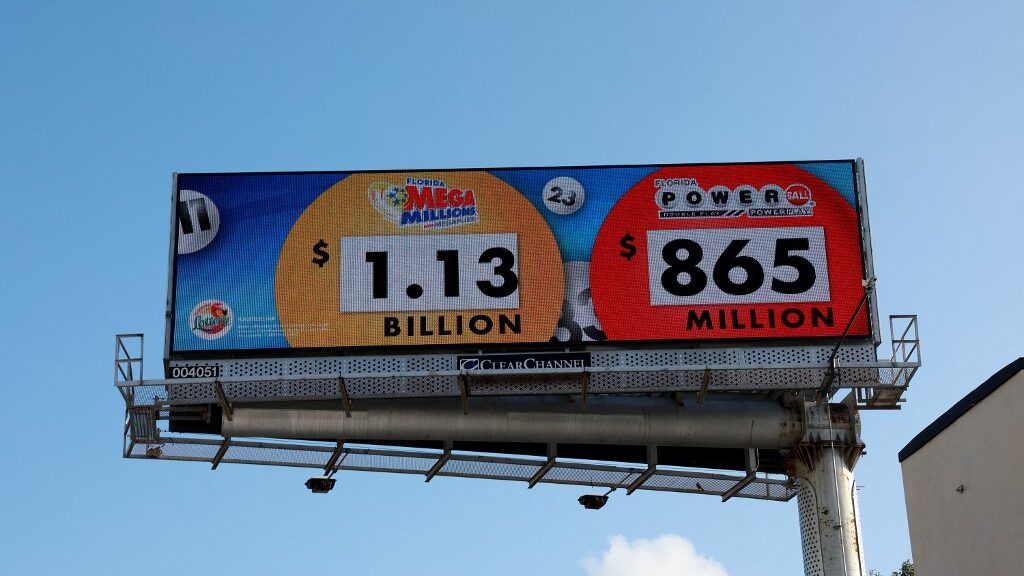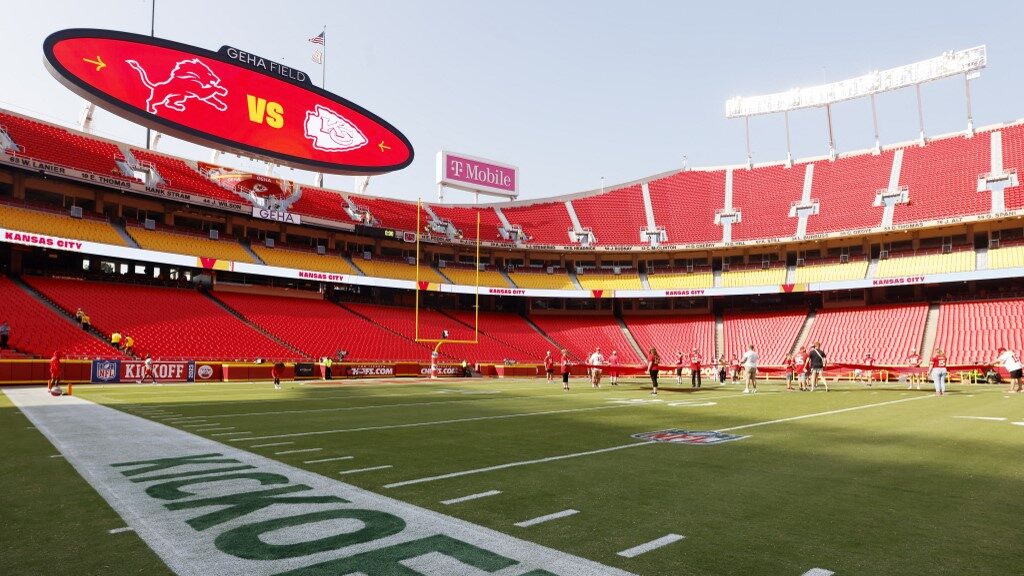
There was some encouraging news from a recent study that showed problem gambling rates in Garden State plummeting from six years ago. However, it is still above the national average, with positive New Jersey sports betting trends.
And the Survey Says…
A recent study conducted by Rutgers University revealed high-risk problem gambling fell 11% from 2017 which is good news for everyone. However, the Rutgers Center for Gambling Studies report, funded by the New Jersey Division of Gaming Enforcement, also found that 5.6% of the adult population is considered to have a gambling problem which is approximately three times the national average.
Attorney General Matthew Platkin announced the report and said in a press release, “As New Jersey’s gaming industry continues to grow, we have an obligation to help those suffering from problem gaming and gambling addiction issues. Through the release of this report, we are taking a comprehensive look at the pervasiveness of gambling across the state, and with it, able to better identify challenges for our most vulnerable populations and design programs and initiatives to assist them.”
The comprehensive study was conducted between December 2020 and April 2021 using a sample study size of 3,512 residents of New Jersey 18 years and older. Some of the highlights of the study were as follows:
- Nearly 20% of the state’s adults placed a bet on sports, up from 15% in 2017. Participation in sports wagering increased from about 15% to a little more than 19%.
- People who gamble only online tripled to 15%, while people who say they gamble both online and in person nearly doubled to 36%.
- More than six in 10 New Jersey adults participate in at least one form of gambling, and people who self-identified as “gamblers” participated in an average of 3.5 activities, up from 3.0 in the 2017 report.
- The two most popular forms of gambling were the purchase of lottery tickets (73% of residents) and scratch-off lottery tickets (59.1%), but both those figures were down from 2017. Lottery ticket buyers were down 7%, and scratch-off buyers were down 5%.
- Nearly 25% of respondents said they engaged in high-risk stock trading, a seven-fold increase from 2017.
Problem Issues
The study found several metrics that revealed the demographics of gamblers in the state. For instance, almost 70% of respondents aged 45-54 reported gambling in the past year, which was the most of any age group.
It also illustrated there was a direct correlation between income and gambling with 73% of those earning between $125,000 and $150,000 were the most likely to gamble.
And unsurprisingly, the study found young people like to bet online. One-third of those aged 18 to 24 reported gambling exclusively online, the highest of any age group and five times as many as in the last survey.
As for the problem gambling issues the following conclusions were reached:
- Men had double the rate of problem gambling.
- More than 14% of people in households making less than $15,000 a year were high-risk problem gamblers, a finding particularly notable in that only half of that economic cohort reports gambling at all.
- Nearly 20% of respondents reported some level of a gambling problem.
- Black/African Americans had the highest rate of high-risk problem gambling at nearly 16%.
- People who gambled were significantly more likely than non-gamblers to use tobacco, alcohol, and illicit drugs.
- About 28% of high-risk problem gamblers reported having thoughts of suicide, and 20% said they had made an actual suicide attempt.
David Rebuck, Director of the State Division of Gaming Enforcement, said, “We are dedicated to helping players play responsibly. For some people, this means setting limits to keep the experience enjoyable and social. For others who are struggling with problem gambling, it may mean signing up for self-exclusion or seeking out additional resources. We encourage both players and operators to maintain a balanced perspective on gambling.”

















